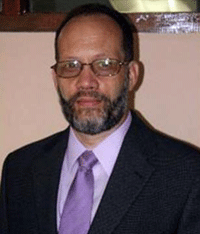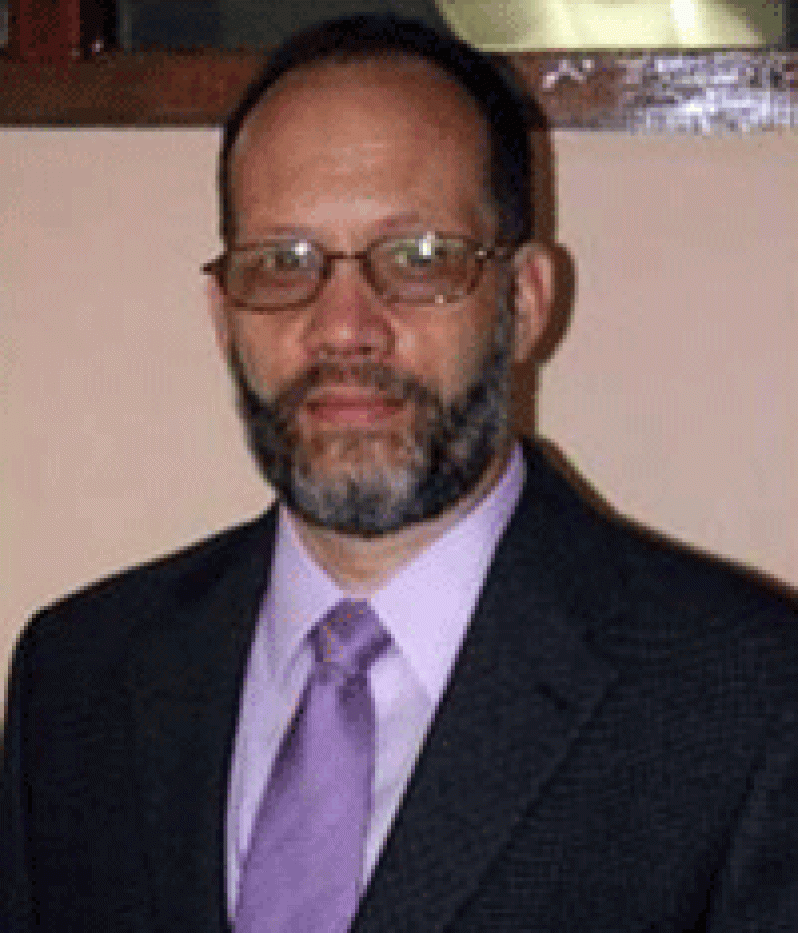WHEN it comes to violence against children in any form, there can be no compromise in taming this beast in order to chart a brighter future for our Region’s children.  This was the strong and unequivocal message from the CARICOM Secretary-General, Ambassador Irwin LaRocque, as he addressed the 23rd Meeting of the Council for Human and Social Development (COHSOD) which opened in Georgetown, Guyana on Tuesday.
This was the strong and unequivocal message from the CARICOM Secretary-General, Ambassador Irwin LaRocque, as he addressed the 23rd Meeting of the Council for Human and Social Development (COHSOD) which opened in Georgetown, Guyana on Tuesday.
The two-day meeting, which is convened under the theme: Charting our future: an integrated development agenda for children and youth, will tackle issues ranging from early childhood care and development; children and migration; youth employment and development. But, its most critical agenda issue is violence against children and youth which includes, institutionalised violence, physical violence, sexual violence and psychological violence.
In addressing the issue of violence, the CARICOM Secretary-General referred to several studies which, he said, pointed to “the jolting reality of increased violence against children and youth in spaces that ironically were once considered safe havens – their homes, schools and other social institutions.”
Ambassador LaRocque explained that the problem had threatened to erode all of the gains that the Region had fought very hard to achieve; and asserted that no violence in any form should be condoned.
The CARICOM Secretary-General highlighted the problem of incest and child molestation, implying that this practice was not only deeply entrenched in traditions and sub-cultures of some parts of the region, but was very often shrouded in a veil of silence and secrecy. He urged ministers with responsibility for children and youth to “challenge concertedly and decisively the deeply entrenched cultural practices and norms that condone violence and violate the rights of our children and youth.”
“Let us agree that no violence against children and youth can be justified – not those actions cloaked as “tradition” and “culture” and certainly not those disguised as “discipline. We must expose … what is frequently considered ‘a private matter among family,’ particularly the vexing issue of incest and child molestation,” the tough- talking CARICOM Secretary-General declared.
In framing a response to this pressing challenge, the CARICOM Secretary-General was of the opinion that greater investment should be made in evidenced-based policies and sustainable social programmes to address the social determinants that perpetuate violence against children and youth. In this regard, he stressed the importance of social transformation in regional development, suggesting that regional education goals be linked to social development goals.
“It is understood that we cannot enjoy economic development without social development. Our education system – while not a panacea for all social ills – must be one of the main drivers of social transformation,” Ambassador LaRocque maintained.
The Secretary-General also recommended that the 10-14 age cohort be given greater attention in policy formulation. He argued that very often their needs and interests were not directly addressed in any ministerial portfolio in some Member States. He called for better co-ordination in the Region’s work on this matter and recommended the establishment of inter-ministerial bodies for cross-sectoral collaboration on youth development; noting that this was an imperative if we were to realize the vision of the CARICOM Youth Development Action Plan, which is to create “secure, valued and empowered adolescents and youth realizing their full potential and contributing to a sustainable Caribbean Community.”
The COHSOD Meeting is also discussing the critical issue of school violence and corporal punishment with a view to developing an integrated agenda for the treatment of youth and children. According to the CARICOM Secretary-General, the integrated approach was “absolutely necessary” especially in combining strong responsive and preventive measures that emphasized child care and protection, punitive justice for perpetrators and empowerment and participation of children and youth.
In concluding, Ambassador LaRocque made an impassioned plea for all stakeholders to work together to curb violence against children.
“If we can work together to ensure that laws have the necessary teeth to punish those who exploit our children and youth; if we can work together to build greater community awareness of the risks which children face; if we can work together to ensure that civil society addresses certain “taboos;” if we can work together to ensure that data gathering and monitoring mechanisms are in place to identify children who are at risk; if we continue to work together to ensure that the educational opportunities provided for our youth from the earliest stages remain relevant and prepare them to function in an increasingly knowledge-based environment, then ladies and gentlemen, we would be on the right path in charting a bright future for our children and their children.”
CARICOM Secretary-General stresses zero tolerance to violence against children
SHARE THIS ARTICLE :
Facebook
Twitter
WhatsApp



.jpg)









